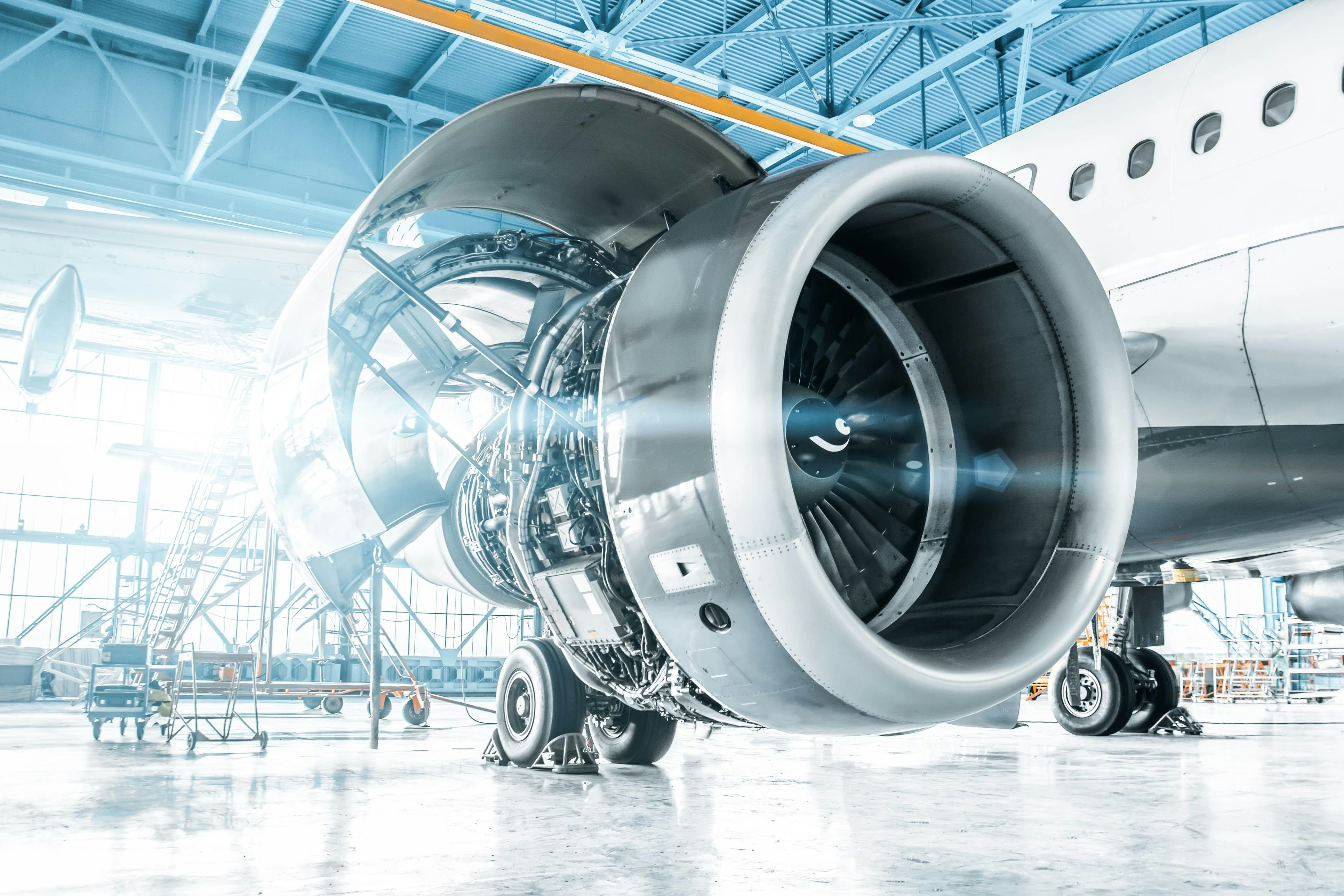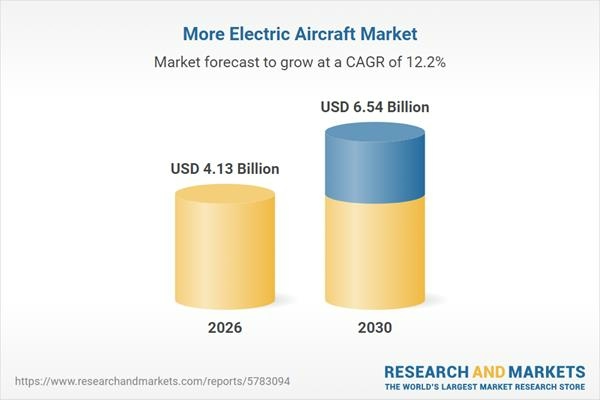أيروجيني — مساعدك الذكي للطيران.
الرائج الآن
Categories
Encouraging Investment in Clean Aviation Innovation Through Risk Incentives

Encouraging Investment in Clean Aviation Innovation Through Risk Incentives
Addressing the Investment Gap in Aviation Decarbonization
In a recent Policy Forum, David Victor and his colleagues outlined a strategic framework designed to stimulate significant investment in high-risk, transformative clean technologies within the aviation sector. As global efforts intensify to reduce emissions and combat climate change, investment has predominantly favored low-risk, mature technologies such as renewable energy, batteries, and electric vehicles. However, sectors like aviation—which accounts for approximately 3% of global emissions—face formidable technological and economic challenges in achieving decarbonization. These challenges render innovative solutions inherently risky and less appealing to traditional investors.
The aviation industry’s competitive and capital-intensive nature leaves limited scope for costly experimentation. Victor and his co-authors emphasize that the development of a low-carbon aviation industry depends on overcoming two critical obstacles: the scarcity of breakthrough clean technologies and the absence of strong incentives for investors to support such innovations. Despite substantial annual investments in aviation, the majority of capital is directed toward low-risk, high-return projects, often relegating sustainability initiatives to the periphery.
The Aviation Sustainability Index: A Proposed Solution
To bridge this investment gap, the authors propose the establishment of an "aviation sustainability index" (ASI). This index would assign quantifiable scores to projects—ranging from the adoption of more efficient aircraft to the use of sustainable fuels—based on their verified emissions impact. By providing a credible and transparent framework that links financial rewards to genuine climate benefits, the ASI aims to help investors differentiate between authentic progress and superficial greenwashing. This mechanism could ultimately redirect capital toward high-impact, transformative projects that are essential for meaningful decarbonization.
Challenges and Market Dynamics
Encouraging investment in clean aviation innovation through risk incentives presents significant challenges. The high upfront costs associated with developing and deploying new technologies can deter investors, particularly in the absence of robust regulatory frameworks that foster a conducive investment climate. Furthermore, entrenched industry practices may generate market resistance, impeding the adoption of novel solutions. Market responses to these dynamics are complex: while some investors may increase their interest in sustainable growth opportunities, competitors might either embrace emerging technologies or lobby against regulatory changes that promote innovation.
Recent developments highlight these complexities. The aviation consulting market is expanding as firms assist industry stakeholders in navigating regulatory, financial, and technological barriers. Concurrently, there is a growing emphasis on responsible research and innovation to mitigate the risks inherent in deploying new technologies within this critical sector.
Victor and his colleagues also note that these challenges are not unique to aviation. Other "hard to abate" sectors—such as shipping, heavy freight, and steel production—face similar difficulties. These industries are characterized by a proliferation of ideas for new technologies and business models but suffer from insufficient traction due to uncertainty over which approaches are most credible and a lack of adequate rewards for risk-taking.
The proposed aviation sustainability index could therefore serve as a pivotal instrument in aligning financial incentives with climate objectives, unlocking the investment necessary for transformative change not only in aviation but across other challenging sectors as well.

Electric Aircraft Market Outlook Through 2035

Capital A Completes Sale of Aviation Business to AirAsia X

Four Gateway Towns to Lake Clark National Park

PRM Assist Secures €500,000 in Funding

Should Travelers Pay More for Human Support When Plans Go Wrong?

InterGlobe Aviation Shares Rise 4.3% Following January Portfolio Rebalancing

Key Market Segments Shaping Airline Route Profitability Software

Locatory.com Gains Traction Among Aviation MROs and Suppliers

JetBlue Flight Makes Emergency Landing Following Engine Failure

58 Pilots Graduate from Ethiopian University
